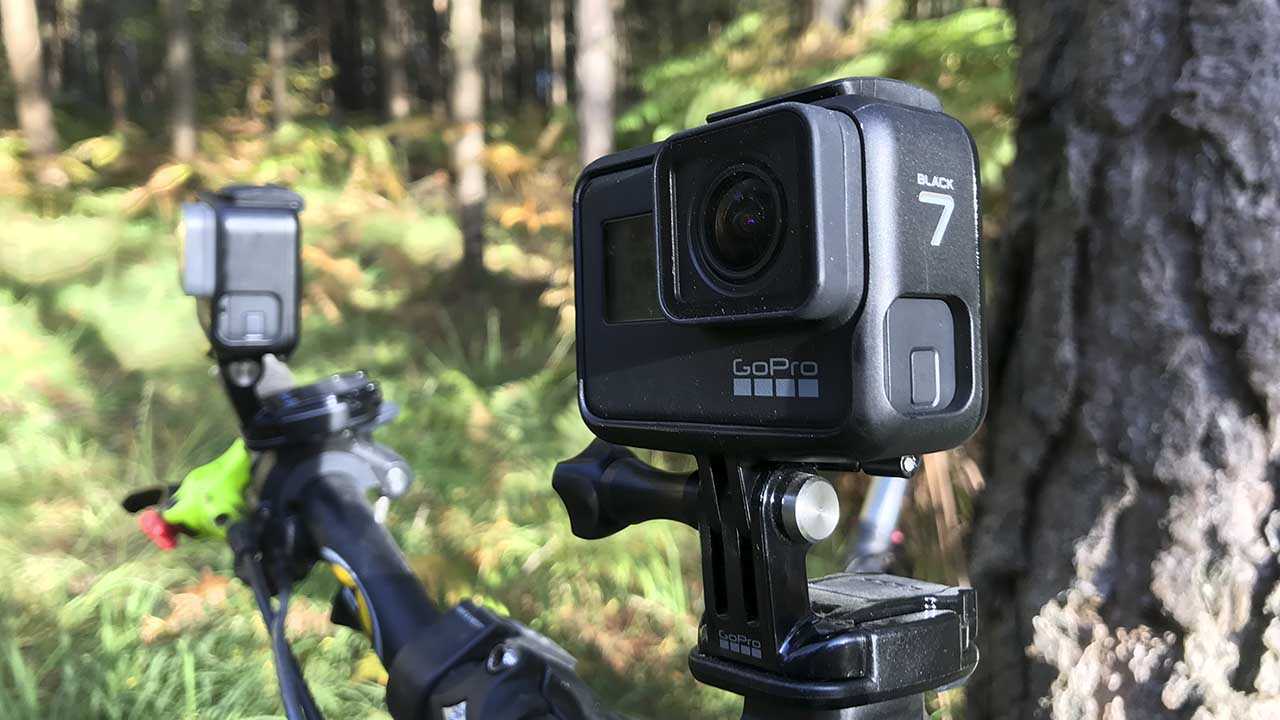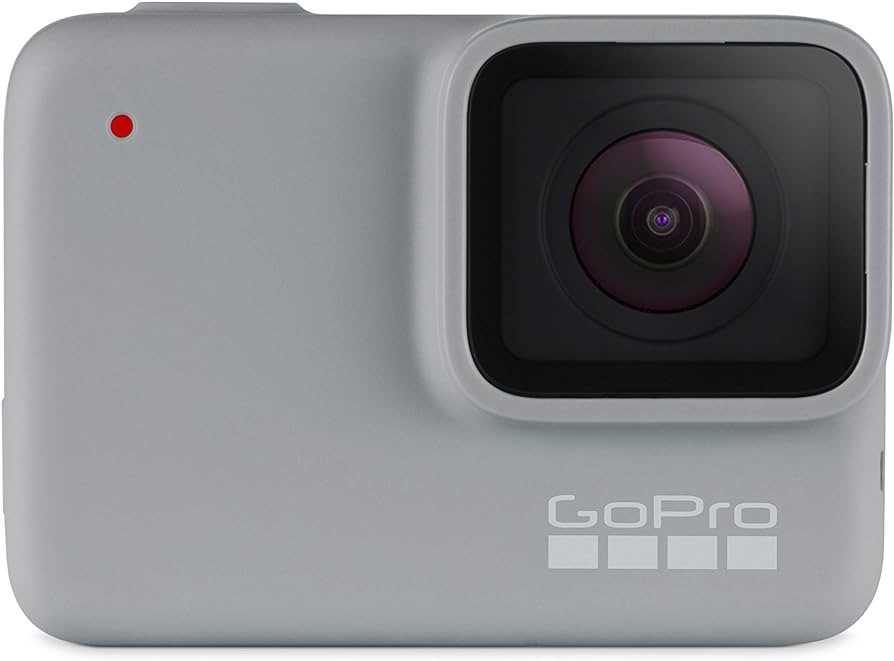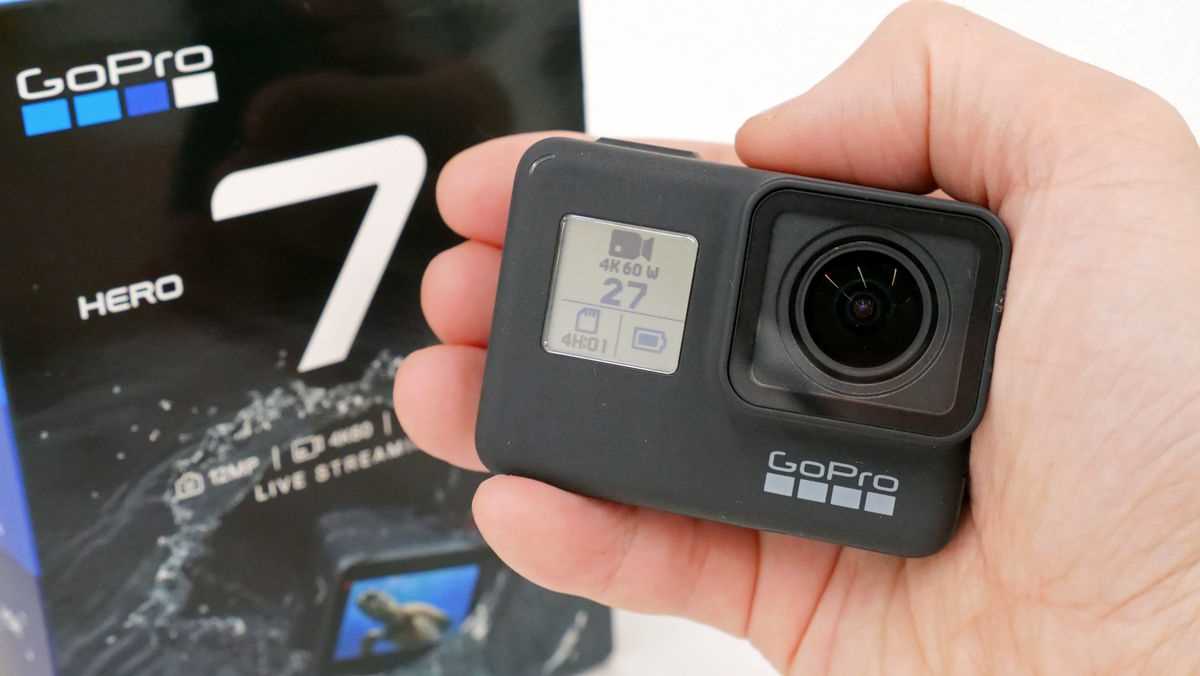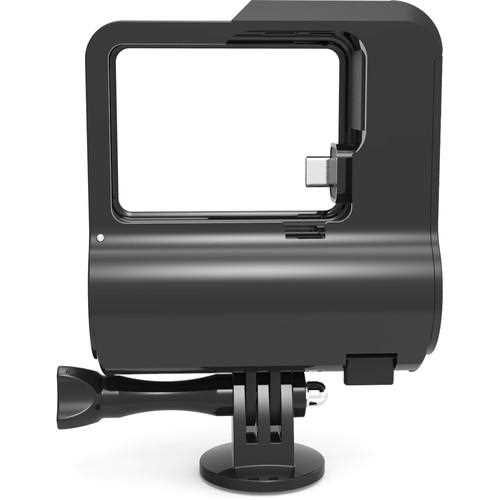
This guide is designed to help users fully explore and understand the capabilities of a highly popular action camera model known for its durability and impressive performance. Whether you’re an outdoor enthusiast, an adventure seeker, or simply someone who loves capturing life’s moments, this device offers a range of features that cater to your needs. In the following sections, we will delve into the essential aspects of operating this camera, ensuring you can make the most out of its advanced functionalities.
The sections below will provide clear instructions and detailed explanations, making it easy for both beginners and experienced users to navigate through the camera’s settings. From setup to advanced techniques, each topic is covered comprehensively, offering insights into how to achieve the best results in various scenarios. By following this guide, you’ll be well-equipped to capture stunning visuals and memorable experiences with ease.
Additionally, we will highlight some tips and tricks to optimize your experience, ensuring that every shot you take is of the highest quality. By understanding the full potential of this versatile camera, you can unlock new creative possibilities and enhance your photographic journey.
Understanding the Features of Your Camera

Exploring the various functionalities of your device is crucial for capturing the best moments with precision. This section delves into the essential aspects that allow you to fully leverage the potential of your equipment, ensuring that you are prepared for any situation.
The device comes equipped with multiple modes tailored for different scenarios. From recording high-definition videos to snapping vivid photographs, each mode offers unique settings that can be adjusted to match your needs. Understanding how to switch between these modes and optimize them is the key to enhancing your visual storytelling.
Additionally, the device’s stabilization technology plays a significant role in producing smooth, shake-free footage, even in challenging environments. Familiarize yourself with this feature to ensure every shot remains crisp and clear, regardless of movement or terrain.
Lastly, the user interface is designed for intuitive navigation, allowing you to access all features quickly and efficiently. Spend time learning the layout and controls to maximize your productivity and creativity while using the camera.
Setting Up Your Device for the First Time

When you unbox your new device, the initial setup is crucial for ensuring optimal performance and capturing your experiences effortlessly. This guide will walk you through the essential steps to prepare your gadget, covering everything from powering it on to configuring the necessary settings.
Charging the Battery

Before using the device, it is important to fully charge the battery. Connect the charging cable to the appropriate port and plug it into a power source. The table below highlights the typical charging times and indicators that confirm the charging process.
| Battery Level | Charging Time | Indicator |
|---|---|---|
| 0-20% | Approximately 2 hours | Red light blinking |
| 20-80% | Approximately 1 hour | Red light solid |
| 80-100% | Approximately 30 minutes | Green light solid |
Initial Configuration
Once charged, power on the device
Navigating Through the Menu Options

Exploring the interface is essential for getting the most out of your device. Each section of the menu is designed to offer quick access to various settings and features, ensuring that you can adjust parameters with ease. Understanding how to move through these options will enhance your overall experience and allow you to tailor the device’s functionality to your specific needs.
Accessing Main Categories: The primary categories are intuitively organized to help you find what you need without hassle. Whether you’re adjusting visual settings, modifying capture preferences, or exploring additional features, the main menu categories provide a streamlined path to all essential options.
Selecting and Customizing: Once inside a category, you can navigate through individual settings to customize your device. Simple gestures or button presses allow you to toggle between options, making it easy to configure settings to your liking. Pay attention to the descriptions provided for each setting to ensure you understand the impact of each adjustment.
Exiting and Saving Changes: After making your selections, exiting the menu is straightforward. The changes are often automatically saved, ensuring that your preferences are applied instantly. However, it’s always a good idea to review
Optimizing Video and Photo Settings
Achieving the best quality in your visual recordings requires careful adjustment of the available settings. By fine-tuning these options, you can enhance the clarity, color, and overall impact of your footage and images, ensuring they meet the highest standards.
Choosing the Right Resolution and Frame Rate

The resolution and frame rate are critical aspects that significantly influence the sharpness and fluidity of your recordings. Selecting higher resolutions provides more detail, while the frame rate determines how smooth the video playback will be. Consider the environment and purpose of your recording when adjusting these settings for optimal results.
Adjusting Color and Exposure
To achieve vivid and lifelike visuals, it’s essential to manage color settings and exposure. Properly balancing these elements helps in capturing true-to-life colors and avoiding overexposure or underexposure, which can diminish the quality of your visuals. Experimenting with these settings will allow you to adapt to various lighting conditions and artistic preferences.
Maintaining Battery Life and Storage
Proper management of power sources and memory is crucial to ensuring the longevity and efficiency of your device. Consistent attention to these elements can help you avoid unexpected interruptions during use and extend the overall lifespan of your equipment.
Optimizing Power Usage
To maximize the duration of your power source, it’s important to minimize unnecessary consumption. Adjusting settings to lower brightness levels, disabling unused features, and turning off the device when not in use are effective strategies. Keeping the power source at a moderate temperature and avoiding extreme conditions also contributes to its longevity.
Efficient Data Storage

Managing memory storage effectively is key to maintaining smooth operation. Regularly transferring data to external storage and organizing files helps prevent memory overload. Using compatible and reliable memory options can further enhance performance and reduce the risk of data loss.
| Tips for Power Management | Tips for Data Storage |
|---|---|
| Reduce screen brightness | Transfer data regularly |
| Turn off when not in use | Organize files systematically |